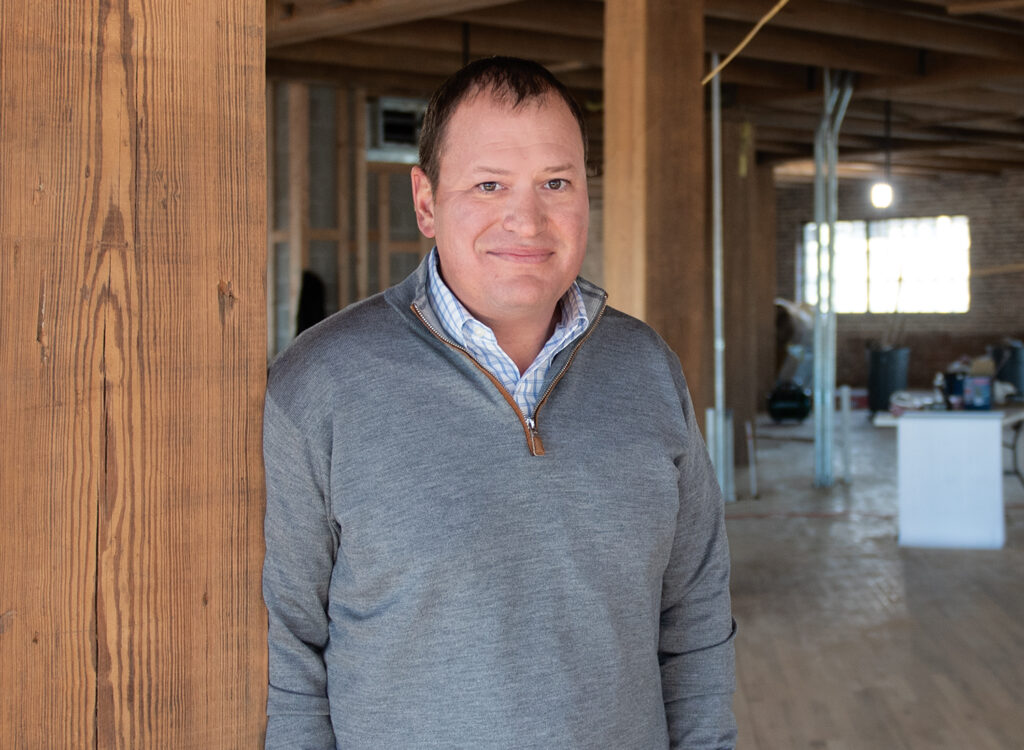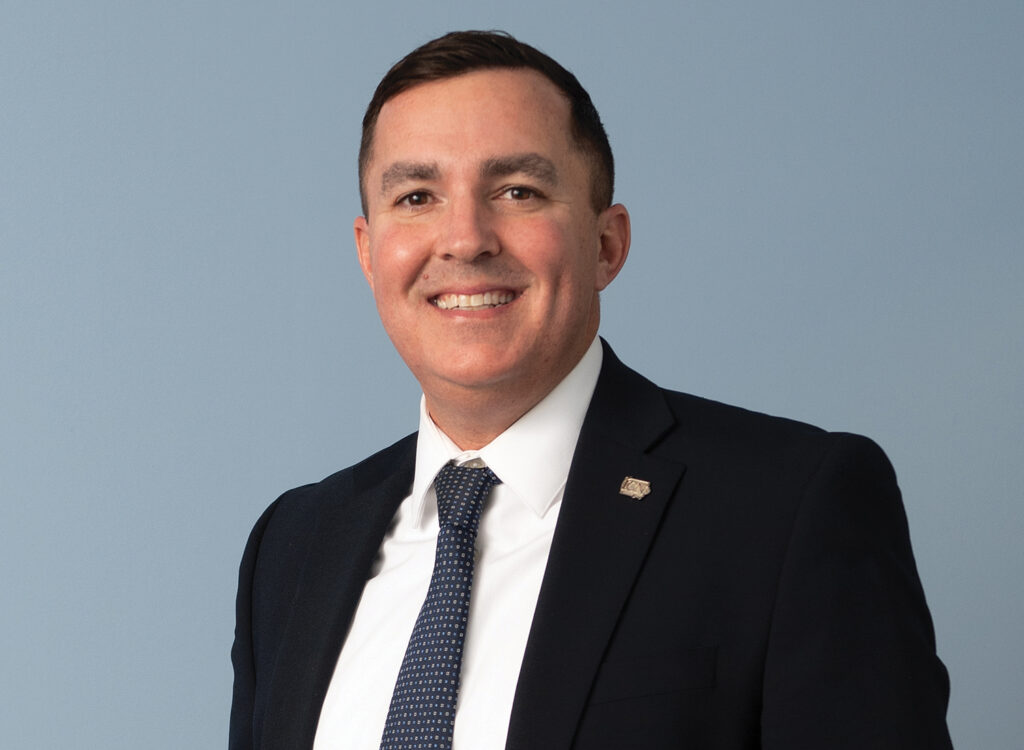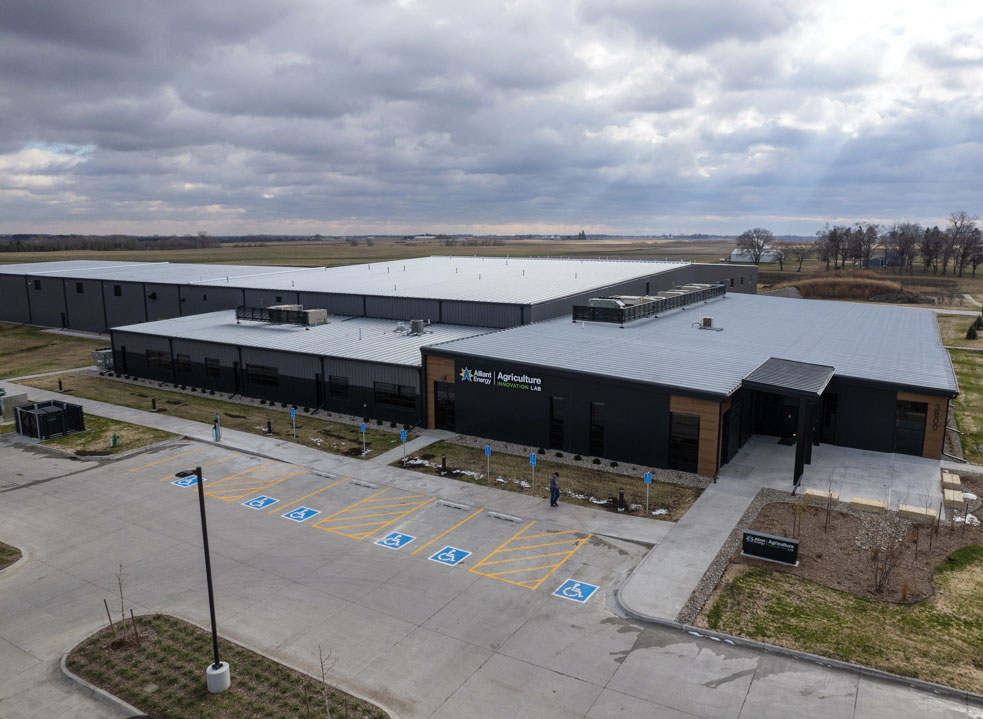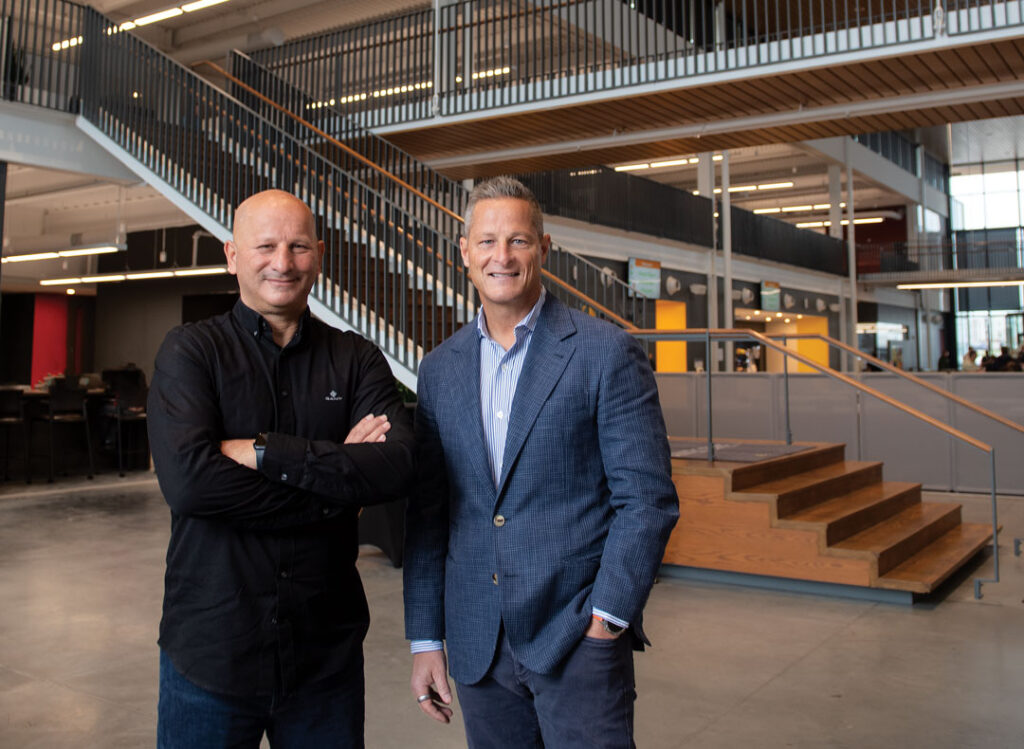NOTEBOOK: Evans: The questions I would like to ask ‘Berk’

RANDY EVANS Jan 2, 2020 | 6:58 pm
4 min read time
909 wordsBusiness Record Insider, Opinion, The Insider Notebook
Whenever a friend or relative dies, it’s not unusual to find ourselves dwelling on the conversations we wish had occurred or the questions that never got asked.
That certainly was true with my parents, Noel and June, who left long before my brothers and I ran out of questions about their memories from growing up during the Great Depression or during those anxiety-filled years of World War II.
That was also the case with my friend Berkley Bedell of Spirit Lake, who died last month at age 98, a few days after suffering a stroke.
Berk, as he insisted on being called, was an amazing entrepreneur. He started a fishing lure business in his bedroom in 1937, with help from the family dog and the family’s chickens, while he was still a student at Spirit Lake High School. As his business grew, he hired fellow students to help him keep up with the demand from fishing fanatics around the Iowa Great Lakes.
By the time the business was sold a decade ago, the “Berkley” brand name was synonymous worldwide with fishing. His business employed more than 500 people in his hometown, and Berk was a millionaire many times over.
But it wasn’t fishing that brought Berk and me together. We bonded, instead, over ideas ? ideas about politics, public policy issues and problems facing the world ? while I was the opinion editor of the Des Moines Register.
Berk had served in the U.S. House from northwest Iowa from 1975 to 1986, when Lyme disease caused by a tick bite forced him to retire. But he was never really content for very long just sitting back with a fishing pole in his hand.
He would call or email me to talk about issues in the news that were gnawing at him. Some of those discussions led to guest columns he wrote for the opinion pages in the Register. Those calls and emails and in-person conversations continued even after I retired from the newspaper five years ago.
The last column of his was published in October in USA Today. I regret not calling him up afterward to talk about the column, because there was so much more I wanted to learn from his experience in business.
Like his other columns through the years, Berk didn’t pull any punches in his USA Today commentary.
He recounted the start of his business and mentioned being named by President Lyndon Johnson as the very first “U.S. Small Businessman of the Year” in 1964.
“At the ripe old age of 98, I’ve now been around long enough to watch the American business landscape evolve over the grand sweep of time ? and I haven’t liked that evolution. Top executives today can pocket more for a morning’s labor than their employees earn in an entire year.”
The Institute for Policy Studies reported last year that 50 major U.S. corporations paid their chief executives more than 1,000 times what their typical employees were paid.
“I never paid myself more than four or five times what my employees were making,” Berk wrote. “I lived like my friends. I drove an older car, served as a scoutmaster and resided in a modest home. I had a good life.”
Then he drove home his point: “The younger me would have found today’s corporate world ? where share prices mean everything and workers and communities mean just about nothing ? unimaginable.”
Berk told about attending a gathering of American corporate executives in the 1960s, where businesses large and small were represented. One of the session leaders stressed that corporations needed to have “a purpose grander than just piling up profits,” he remembered.
“That wisdom made complete sense to me, and I tried to live my business life from that perspective. My company’s business practices were beyond making my family as wealthy as we could be. We let workers do four nine-hour days for 40 hours pay, and had a profit-sharing plan that would eventually distribute 20% of all company earnings.
“We also set aside 10% of those earnings in an employee recreation fund, money we used for everything from ballgames to fishing trips. Once we closed our factory completely and all of us went to Yellowstone for a week.”
Berk continued: “Back in those mid-20th century years, America certainly had businesses that worked against the common good. But the idea that a modern business had to answer to many stakeholders, not just shareholders, set the overall business tone.”
And that tone was reinforced by the 91% marginal tax rate on married, joint-return income of $400,000 or more, he wrote. “Top business executives had little incentive to put a hard squeeze on workers, because most of the rewards for that squeezing went instead to Uncle Sam,” Berk added.
“But we need more than higher taxes on the rich. We need a whole array of new public policies that encourage businesses to share the wealth their workers create,” he wrote.
“… Imagine if we stopped granting … government contracts to firms that pay executives excessively more than workers. We already deny contracts to companies whose discriminatory policies add to racial and gender inequality. We shouldn’t let tax dollars go to companies that boost economic inequality either.”
Now you understand why I wish I could have sat down with my humble, and opinionated, friend one more time and peppered him with questions once again.
Randy Evans can be reached at DMRevans2810@gmail.com.








